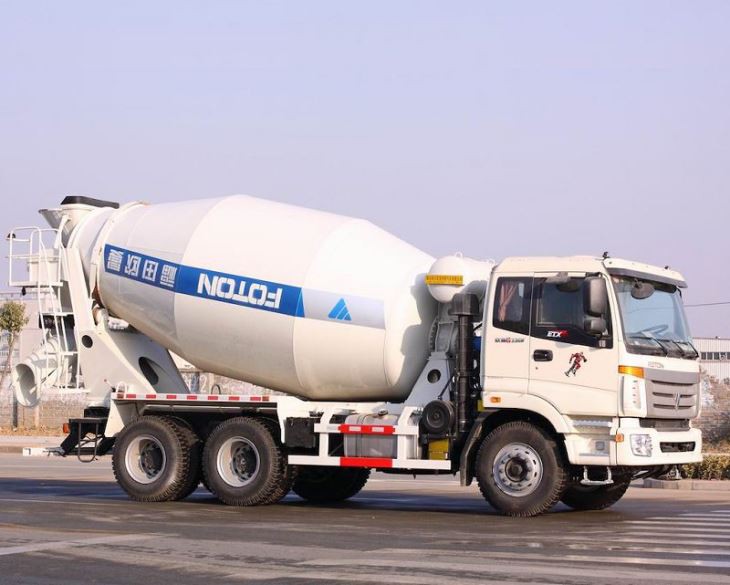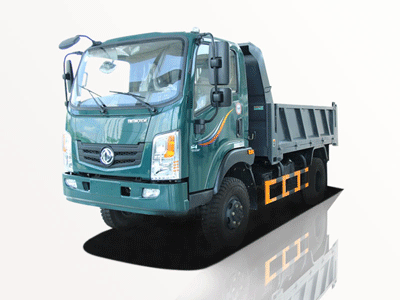When it comes to managing wastewater, homeowners often encounter two primary systems: septic and sewer. Understanding the differences between these systems is essential for maintaining a healthy home and environment. This article will explore the distinctions, advantages, disadvantages, and practical tips for both septic systems and sewer connections, ensuring that you are well-informed about your options.
Understanding Wastewater Systems
Before diving into the specifics of septic and sewer systems, it is crucial to understand what wastewater systems are and their roles in public health and environmental management.
What is Wastewater?
Wastewater refers to any water that has been adversely affected in quality by anthropogenic influence. This includes water from households, industries, agriculture, and more. Effective management of wastewater is vital for health and environmental protection.
Types of Wastewater Systems
There are two primary types of wastewater management systems: septic systems and sewer systems. Each serves a unique purpose and operates in different settings.
Septic Systems Explained
A septic system is an individual, on-site wastewater treatment system commonly used in rural and semi-rural areas where connections to a centralized sewer system are unavailable.
How a Septic System Works
A septic system comprises several components that work together to manage and treat household wastewater:
- Septic Tank: A large underground container that holds wastewater for treatment. Solids settle at the bottom, forming sludge, while oils and lighter materials float to the top, forming scum.
- Drain Field: Also known as a leach field, this area allows treated water to percolate into the ground, where it is further purified by soil.
- Soil: The soil acts as a natural filter, treating the effluent as it moves through the ground before re-entering the groundwater supply.
Advantages of Septic Systems
- No reliance on a centralized sewer infrastructure.
- Lower initial installation costs in rural areas.
- Environmentally friendly when properly maintained.
Disadvantages of Septic Systems
- Requires regular maintenance and pumping.
- Failure can lead to expensive repairs and environmental contamination.
- Not suitable for high-density housing.
Sewer Systems Explained
A sewer system is a communal network of pipes and treatment facilities that transport and treat wastewater from multiple homes and businesses.
How Sewer Systems Work
Sewer systems usually consist of these main components:
- Collection System: A network of pipes that transports wastewater from homes to a central treatment facility.
- Treatment Facility: A centralized location where wastewater is treated before being discharged into a waterway or used for other purposes.
Advantages of Sewer Systems
- Generally more reliable for urban populations.
- Less maintenance responsibility for individual homeowners.
- Efficient handling of larger volumes of wastewater.
Disadvantages of Sewer Systems
- Higher monthly service fees for homeowners.
- Dependence on a centralized infrastructure, making it susceptible to failures.
- Pipes can be prone to clogs and leaks, leading to environmental concerns.
Key Differences Between Septic and Sewer Systems
| Feature | Septic System | Sewer System |
|---|---|---|
| Type | Individual on-site | Centralized |
| Ownership | Homeowner | Utility Company |
| Maintenance | Regular pumping required | Municipal responsibility |
| Installation Cost | Lower initial cost | Higher fees for connection |
| Environmental Impact | Potential for nutrient-rich runoff | More comprehensive treatment |
Choosing Between Septic and Sewer
Deciding whether to use a septic system or connect to a sewer line depends on several factors:
Location
Residential areas far from cities typically rely on septic systems due to the lack of sewer infrastructure.
Cost Considerations
Evaluate the installation and maintenance costs for both systems. Sometimes, a septic system might be cheaper upfront, but sewer connections may offer long-term savings.
Local Regulations
Check local regulations and codes regarding wastewater systems, which can influence your decision.
Environmental Concerns
Consider the environmental impact of each system. Septic systems can contribute to groundwater contamination if not maintained properly.
Maintaining Your Septic or Sewer System
Tips for Septic System Maintenance
- Pump the tank every 3-5 years to remove accumulated solids.
- Avoid flushing non-biodegradable items down the toilet.
- Be mindful of how much water you use to prevent overloading the system.
Tips for Sewer System Maintenance
- Know your utility provider’s maintenance schedule.
- Report any signs of sewage backup or unusual smells immediately.
- Avoid pouring grease or large food items down the drain, as they can cause blockages.
Practical Examples of Septic and Sewer System Usage
Septic System Example
A rural family in a small town installs a septic system due to the absence of city sewer services. They perform regular maintenance and find that the system efficiently manages their wastewater at a lower monthly cost.
Sewer System Example
In a busy urban environment, a family pays monthly fees for their connection to the city sewer system. They don’t have to worry about regular maintenance, and the city’s treatment facility processes their wastewater safely.
Frequently Asked Questions (FAQs)
1. Which system is better: septic or sewer?
The best system depends on your location, budget, and personal preferences. Urban areas typically opt for sewers, while rural areas may rely on septic systems.
2. How often should I pump my septic tank?
It is generally recommended to pump your septic tank every 3-5 years, depending on family size and water usage.
3. Can I convert from septic to sewer?
Yes, converting from a septic system to a sewer connection is possible, but it often requires permits, inspections, and modifications.
4. What are the signs of a failing septic system?
Signs include backups in sinks and toilets, foul odors, and pooling water around the drain field.
5. Are sewer systems reliable during heavy rain?
Sewer systems can be reliable, but heavy rain can lead to combined sewer overflows (CSOs) in some older systems, causing untreated wastewater to discharge into nearby waterways.
6. Do I need a permit for a septic system installation?
Yes, most local jurisdictions require a permit for septic system installations to ensure compliance with health and safety regulations.



